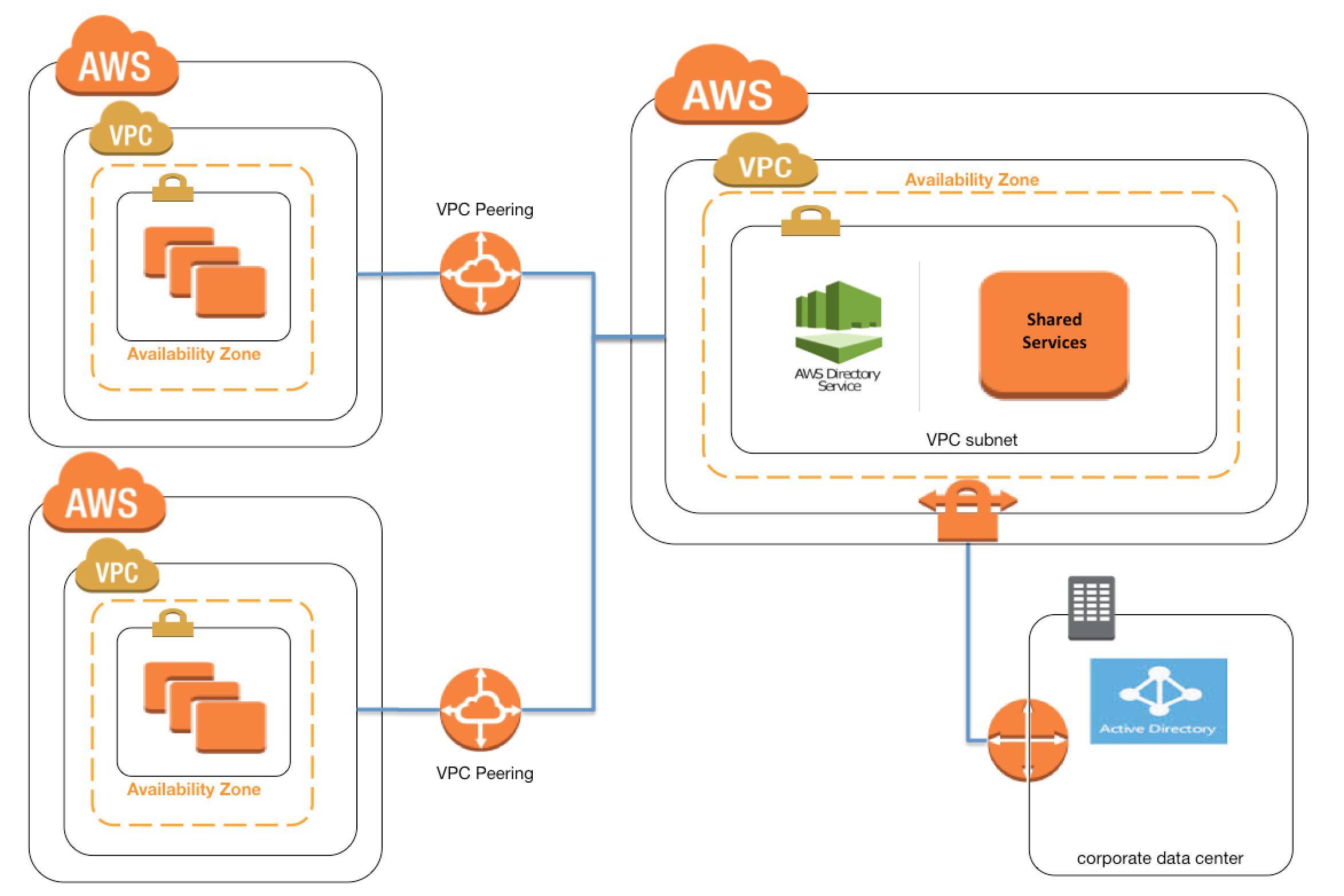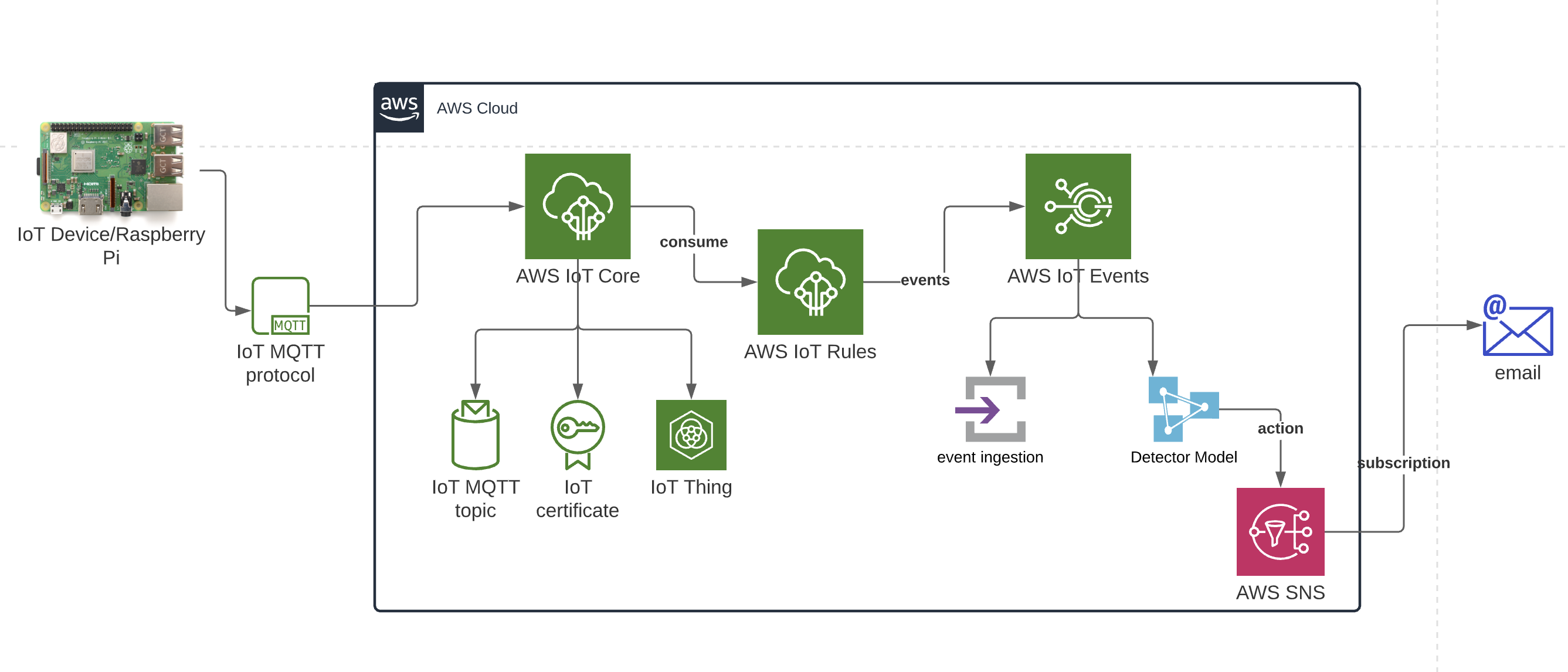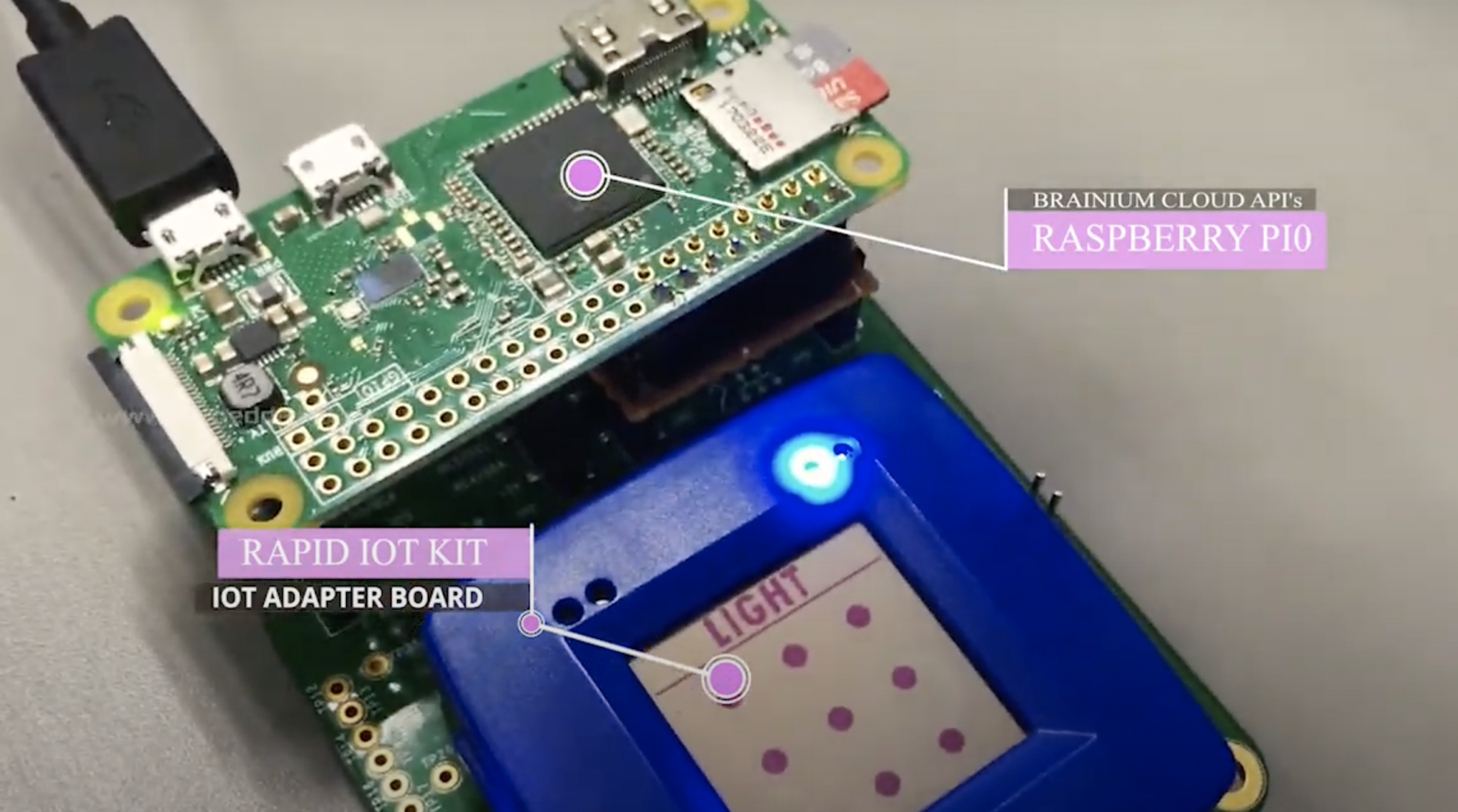Remote IoT: Secure Raspberry Pi VPC Connections - A Guide
Are you struggling to maintain secure and reliable connections to your Raspberry Pi and IoT devices from afar? Remoteiot VPC offers a revolutionary solution, granting you secure, direct access as if your devices were nestled within a local private network, regardless of their physical location.
This innovative approach transforms the way you interact with your remote devices. No longer are you tethered to the limitations of traditional networking. Remoteiot VPC empowers you to create logical device groupings, fortify your public interfaces, and construct a robust, tailor-made IoT network, all while maintaining the highest levels of security and control. It's about building an ecosystem where your devices communicate seamlessly and securely, enhancing efficiency and safeguarding sensitive data.
| Category | Information |
|---|---|
| Concept | Remoteiot VPC Network with Raspberry Pi |
| Function | Securely connects Raspberry Pi and IoT devices remotely |
| Benefits | Enhanced security, direct access, logical grouping, tailored IoT network |
| Use Cases | Remote device management, data protection, secure communication |
| Reference | Amazon VPC (Illustrative Example) |
Harnessing the capabilities of a Raspberry Pi VPC allows individuals and organizations to meticulously craft an IoT network perfectly aligned with their specific requirements. This level of customization is paramount in today's diverse technological landscape, where a one-size-fits-all approach simply doesn't cut it. Remoteiot offers a comprehensive platform designed for both managing and securing IoT devices, boasting a suite of features that amplify both efficacy and security.
- Filmyfly 2025 Bollywood South Mehr Dein Filmguide
- Movierulz 2024 Kannada Filme Downloaden Legal Sicher
Securely connecting a remote IoT VPC using Raspberry Pi on AWS requires a strategic and multifaceted approach. It's not merely about establishing a connection; it's about building a secure and resilient infrastructure that can withstand the challenges of modern digital environments. The tools provided enable remote access and management, ensuring that sensitive data remains shielded from unauthorized access. This combination of Remoteiot and VPC networks with Raspberry Pi unlocks a world of possibilities for remote device management and data security.
The applications of a Remoteiot VPC network with Raspberry Pi are vast and varied. From industrial automation to environmental monitoring, the ability to securely connect and manage remote devices is transforming industries across the board. Setting up such a network involves careful planning and execution, but the benefits far outweigh the effort. The first step involves connecting the Raspberry Pi to the VPC, establishing the foundation for secure communication.
Remoteiot provides users with the ability to seamlessly connect to their Raspberry Pi devices from anywhere in the world, without compromising on security. This is a game-changer for those who need to access and manage their devices remotely, whether for personal or professional use. The VPC creates a secure and isolated environment for these devices, further enhancing security and providing peace of mind. It's about creating a trusted environment where data can flow freely and securely.
- Filmywap Gefahren Alternativen 2025 Jetzt Sicher Streamen
- Filmyfly Co Filmalternativen 2025 Was Sie Wissen Mssen
The web console is a powerful tool for managing devices and monitoring their performance. It provides a user-friendly interface for accessing and controlling your Raspberry Pi devices from anywhere with an internet connection. Accessing Raspberry Pi with a web-based SSH client in your browser simplifies the management process and eliminates the need for specialized software. With the web console, you can connect your Raspberry Pi directly from your PC browser or mobile device, making remote management a breeze. This console acts as a standard terminal emulator for the X Window System, providing a familiar and intuitive interface for users.
In conclusion, securely connecting a remote IoT VPC using Raspberry Pi on AWS is a powerful strategy for enhancing the security and efficiency of your IoT deployments. By following a well-defined plan, you can create a robust and scalable IoT infrastructure that meets the demands of modern digital environments. This approach is particularly relevant in today's interconnected world, where securely connecting remote IoT devices to a virtual private cloud (VPC) using a Raspberry Pi has become a necessity for professionals and hobbyists alike. This necessity is driven by the growing demand for secure, scalable, and efficient IoT solutions.
Remoteiot has emerged as a reliable platform for bridging the gap between edge devices and cloud infrastructure. The VPC acts as a secure, isolated network within the cloud, while the Raspberry Pi, configured as a secure gateway, manages and protects the connections to your remote IoT devices. This combination creates a powerful and versatile solution for remote device management and data security. The implementation of a Raspberry Pi VPC involves creating a virtual private network that interconnects multiple Raspberry Pi devices within a secure environment. This arrangement ensures that data transmission is shielded from external threats, providing a reliable and secure conduit for IoT applications.
This secure conduit is vital for sensitive applications where data integrity and confidentiality are paramount. Imagine a scenario involving environmental monitoring in a remote location. Sensors deployed in the field collect critical data on temperature, humidity, and air quality. This data needs to be transmitted securely back to a central server for analysis and reporting. A Remoteiot VPC network with Raspberry Pi ensures that this data is protected from interception and tampering, providing accurate and reliable information for decision-making.
Furthermore, the ability to logically group devices within the VPC allows for granular control over access and permissions. For instance, in a smart agriculture setting, different groups of sensors monitoring soil moisture, nutrient levels, and weather conditions can be segmented within the VPC. This segmentation allows for specific access controls to be applied, ensuring that only authorized personnel can access and modify the data from each group of sensors. This level of control enhances security and prevents unauthorized access to sensitive data.
The benefits of using Remoteiot for IoT projects extend beyond security. The platform also offers a range of features that enhance the efficiency of IoT deployments. These features include remote device management, over-the-air (OTA) updates, and real-time monitoring. Remote device management allows administrators to remotely configure, troubleshoot, and maintain devices, reducing the need for on-site visits. OTA updates ensure that devices are always running the latest software, addressing security vulnerabilities and improving performance. Real-time monitoring provides valuable insights into device performance and allows for proactive identification and resolution of issues.
The web console plays a crucial role in facilitating remote device management. It provides a centralized interface for managing all devices within the VPC. From the console, administrators can remotely access devices, view device logs, configure device settings, and deploy software updates. The console also provides a real-time view of device performance, allowing administrators to quickly identify and resolve any issues. This centralized management capability simplifies the process of managing large deployments of IoT devices.
Moreover, the combination of Remoteiot VPC and Raspberry Pi allows for the creation of highly scalable IoT solutions. As the number of devices in the network grows, the VPC can be easily scaled to accommodate the increased demand. The Raspberry Pi acts as a gateway, managing the connections to the remote devices and forwarding data to the cloud. This architecture allows for the creation of highly distributed IoT networks that can span large geographical areas. This scalability is essential for organizations that need to deploy IoT solutions in a wide range of environments.
The flexibility of the Raspberry Pi also allows for the customization of the IoT solution to meet specific requirements. The Raspberry Pi can be easily programmed to perform a variety of tasks, such as data logging, data processing, and device control. This flexibility allows organizations to tailor their IoT solutions to meet their unique needs. For example, in a smart home setting, the Raspberry Pi can be programmed to control lighting, temperature, and security systems. This level of customization allows for the creation of highly personalized and efficient IoT solutions.
In addition to its technical capabilities, Remoteiot also offers a range of support services to help organizations deploy and manage their IoT solutions. These services include technical support, training, and consulting. Technical support provides assistance with troubleshooting and resolving technical issues. Training provides organizations with the knowledge and skills they need to deploy and manage their IoT solutions. Consulting provides expert advice on how to design and implement effective IoT solutions. These support services ensure that organizations have the resources they need to succeed with their IoT deployments.
The security features of Remoteiot VPC are particularly important in today's threat landscape. IoT devices are often vulnerable to security attacks, due to their limited processing power and memory. Remoteiot VPC provides a range of security features that protect devices from these attacks. These features include encryption, authentication, and access control. Encryption ensures that data is protected from interception. Authentication verifies the identity of devices and users. Access control limits access to sensitive data and functions. These security features help to protect IoT devices from unauthorized access and malicious attacks.
Furthermore, Remoteiot VPC provides a secure and isolated environment for IoT devices. This isolation prevents unauthorized access to other devices and systems on the network. This is particularly important in industrial environments, where unauthorized access could have serious consequences. The VPC acts as a barrier, preventing attackers from gaining access to critical systems. This isolation enhances security and protects the integrity of the network.
The combination of Remoteiot VPC, Raspberry Pi, and AWS provides a powerful and versatile platform for building secure and scalable IoT solutions. This platform is suitable for a wide range of applications, from industrial automation to smart homes. The security features of Remoteiot VPC protect devices from unauthorized access and malicious attacks. The scalability of the platform allows for the creation of large and distributed IoT networks. The flexibility of the Raspberry Pi allows for the customization of the solution to meet specific requirements. The support services provided by Remoteiot ensure that organizations have the resources they need to succeed with their IoT deployments.
In the realm of industrial automation, Remoteiot VPC facilitates the secure and reliable connection of a multitude of sensors, actuators, and controllers deployed across a factory floor. These devices can communicate seamlessly within the isolated VPC environment, enabling real-time monitoring of production processes, predictive maintenance, and automated control systems. The Raspberry Pi acts as a local gateway, aggregating data from the devices and securely transmitting it to the cloud for analysis and reporting. This enables manufacturers to optimize their operations, reduce downtime, and improve product quality.
Similarly, in the agricultural sector, Remoteiot VPC empowers farmers to monitor environmental conditions, control irrigation systems, and track livestock movements remotely. Sensors deployed in fields can transmit data on soil moisture, temperature, and nutrient levels to a central server via the secure VPC connection. This data can be used to optimize irrigation schedules, apply fertilizers more efficiently, and improve crop yields. The Raspberry Pi can be used to control irrigation pumps and other agricultural equipment, automating processes and reducing manual labor.
Smart city initiatives also benefit greatly from the use of Remoteiot VPC. Smart streetlights, traffic sensors, and environmental monitoring stations can be securely connected to a central management system via the VPC. This enables city officials to monitor traffic patterns, optimize energy consumption, and improve air quality. The Raspberry Pi can be used to control streetlights, adjust traffic signals, and collect environmental data. This data can be used to make informed decisions about urban planning and resource management.
In the healthcare sector, Remoteiot VPC can be used to securely connect medical devices, monitor patient vital signs, and transmit medical records. Wearable sensors can transmit data on heart rate, blood pressure, and sleep patterns to a doctor's office via the secure VPC connection. This data can be used to monitor patient health remotely and detect potential problems early on. The Raspberry Pi can be used to control medical devices and transmit medical records securely.
The possibilities are truly endless. From enhancing security to streamlining operations, the Remoteiot VPC and Raspberry Pi combination offers a powerful solution for a wide range of IoT applications. As the demand for secure and scalable IoT solutions continues to grow, this technology will undoubtedly play a crucial role in shaping the future of connectivity.
Securing the connection between remote IoT devices and a virtual private cloud (VPC) using a Raspberry Pi is no longer a luxury but a necessity for many professionals and hobbyists alike. The ever-increasing reliance on interconnected devices demands robust security measures to protect sensitive data and prevent unauthorized access. This is where the power of Remoteiot comes into play, offering a reliable platform for bridging the gap between edge devices and cloud infrastructure. The VPC acts as a secure, isolated network within the cloud, while the Raspberry Pi, configured as a secure gateway, manages and protects the connections to your remote IoT devices.
The combination of these technologies creates a powerful and versatile solution for remote device management, data protection, and secure communication. The Remoteiot platform simplifies the process of connecting and managing remote IoT devices, providing a user-friendly interface for configuration, monitoring, and troubleshooting. The Raspberry Pi, with its low cost and versatility, serves as an ideal gateway for connecting devices to the VPC. Its processing power and connectivity options make it well-suited for handling the demands of IoT applications.
The VPC provides a secure and isolated environment for your devices, enhancing security and providing peace of mind. By isolating your devices within a VPC, you can prevent unauthorized access from the public internet and protect them from potential attacks. The VPC also allows you to control network traffic and implement security policies to further protect your devices. This is particularly important for applications that handle sensitive data, such as healthcare, finance, and industrial control systems.
The web console provided by Remoteiot offers a convenient way to manage your devices and monitor their performance. You can use the web console to remotely access your devices, view device logs, configure device settings, and deploy software updates. The web console also provides real-time monitoring of device performance, allowing you to quickly identify and resolve any issues. This simplifies the process of managing large deployments of IoT devices and ensures that they are operating optimally.
Accessing Raspberry Pi with a web-based SSH client in your browser provides a secure and convenient way to remotely administer your devices. This eliminates the need for installing SSH clients on your local machine and allows you to access your devices from any location with an internet connection. The web-based SSH client provides a secure and encrypted connection to your devices, protecting your data from eavesdropping and tampering.
In conclusion, securely connecting remote IoT devices to a virtual private cloud (VPC) using a Raspberry Pi is a powerful and effective way to enhance the security and efficiency of your IoT deployments. By leveraging the capabilities of Remoteiot, Raspberry Pi, and AWS VPC, you can create a robust and scalable IoT infrastructure that meets the demands of modern digital environments.

Securely Connect Remote IoT VPC Raspberry Pi AWS Server A Comprehensive Guide

Securely Connect Remote IoT VPC Raspberry Pi AWS Server A Comprehensive Guide

Securely Connect Remote IoT VPC Raspberry Pi For Free A Comprehensive Guide